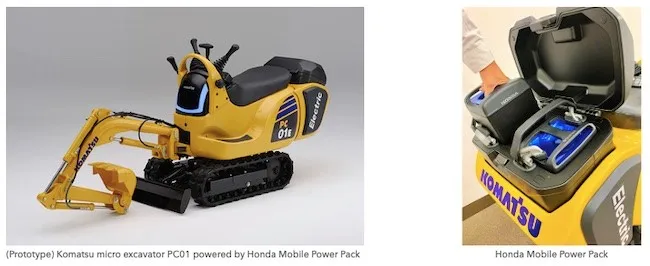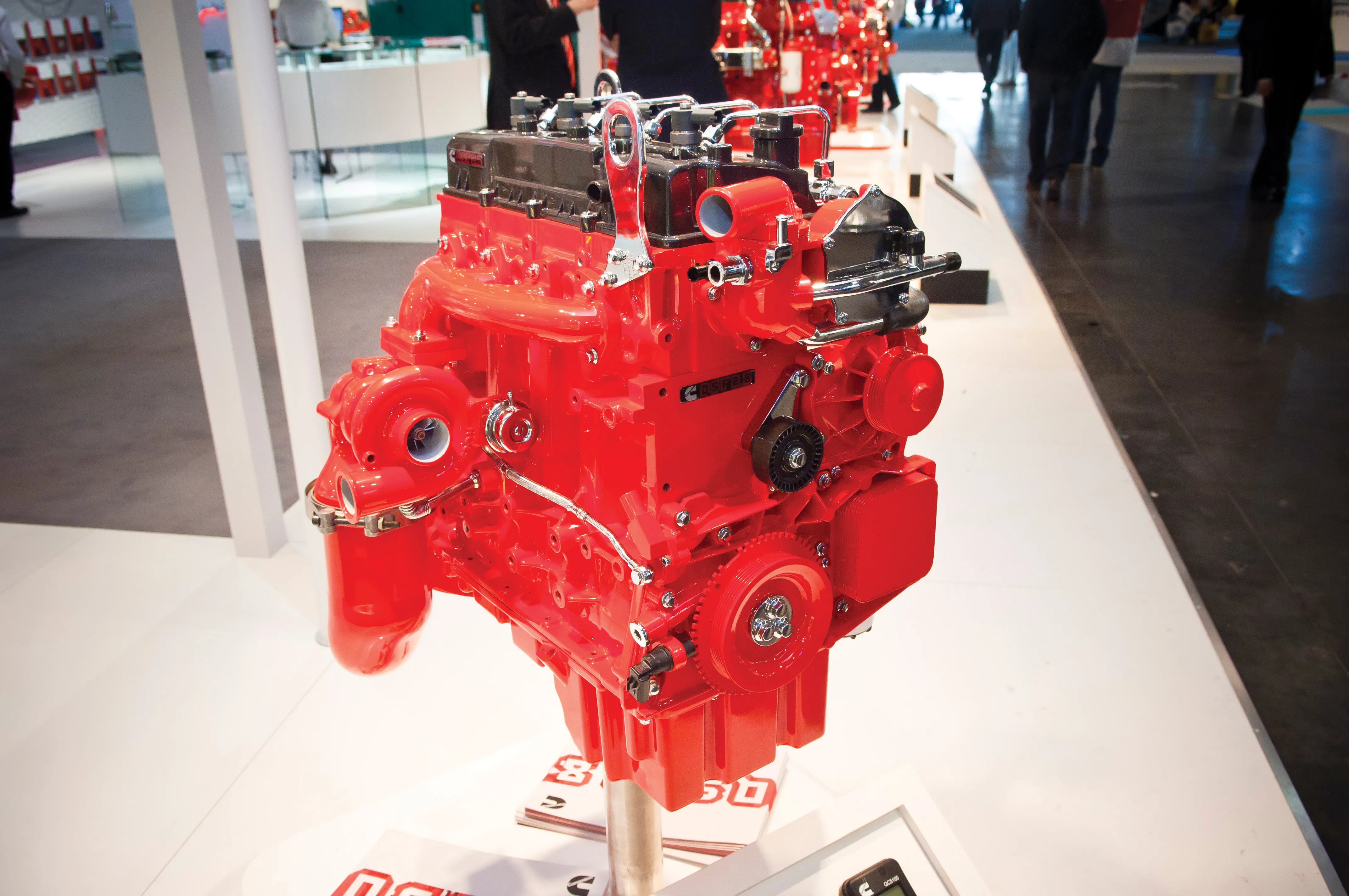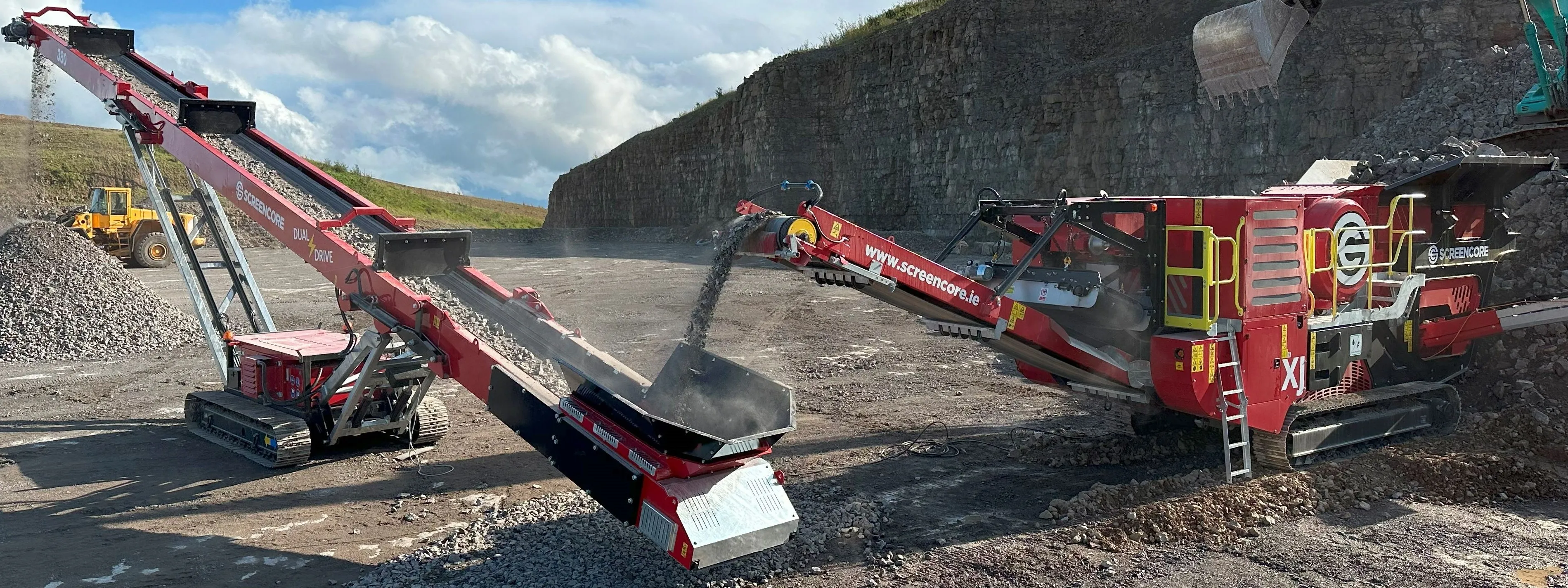Electric compact excavators are being developed jointly by Honda and Komatsu.
By MJ Woof
June 14, 2021
Read time: 3 mins

Honda and Komatsu are working together to develop micro excavators that will be powered by batteries that can be exchanged. This is the latest move by Komatsu to develop electric machines. The firm recently signed a deal with Proterra to develop a mid-sized excavator using electric power.
Honda and Komatsu are collaborating for the joint development of electric micro excavators that will be powered by swappable batteries. In addition, the firms will establish a battery-sharing system for the civil engineering and construction industry.
The companies will use the Honda Mobile Power Pack (MPP)(2) and want to set up a battery-sharing system for the civil engineering and construction industry. This will allow the mutual use of MPPs among various types of construction machinery and equipment.
The two companies are keen to develop products with low environmental impact. Honda has been expanding the lineup of products powered by MPPs, and Komatsu introduced a battery-powered mini excavator to the Japanese market in April 2020.
Through this joint development, the two companies will electrify the Komatsu PC01 micro excavator by equipping it with Honda MPPs and an electrified power unit (eGX). The two companies hope to introduce the electrified Komatsu PC01 before the end of the current fiscal year, ending March 31st, 2022.
In addition to reducing noise and exhaust heat, electrification of the micro excavator will reduce its environmental impact by realising zero exhaust gas emissions.
Moreover, by taking advantage of the MPP as a swappable battery, the user can continue using the electrified equipment without waiting for a MPP to recharge. After the market introduction of the electrified micro excavator, the two companies will undertake demonstration testing of a structure to supply MPPs to civil engineering and construction sites and enhance the convenience of electrified construction machinery and equipment by offering after-sales services, including a battery swapping system.
Further down the road, the two companies will conduct joint development to electrify other micro excavator models as well as mini excavator models in the class with operating weight of up to 1tonne. Moreover, the two companies will jointly explore possibilities for MPP-based electrification of a wide range of equipment used at civil engineering and construction worksites and introducing such electrified products to markets outside Japan.
By adding a wide variety of electrified civil engineering and construction equipment to the smart power operation which already includes Honda's electrified mobility and power products, Honda is striving to establish a broad network of MPP-based battery-sharing systems. By further pursuing zero emissions and utilization of renewable energy at the worksites of its customers, Honda will continue making contributions to the realization of a sustainable and "circular" society which strives for zero environmental impact.







